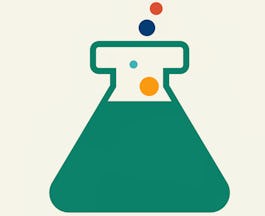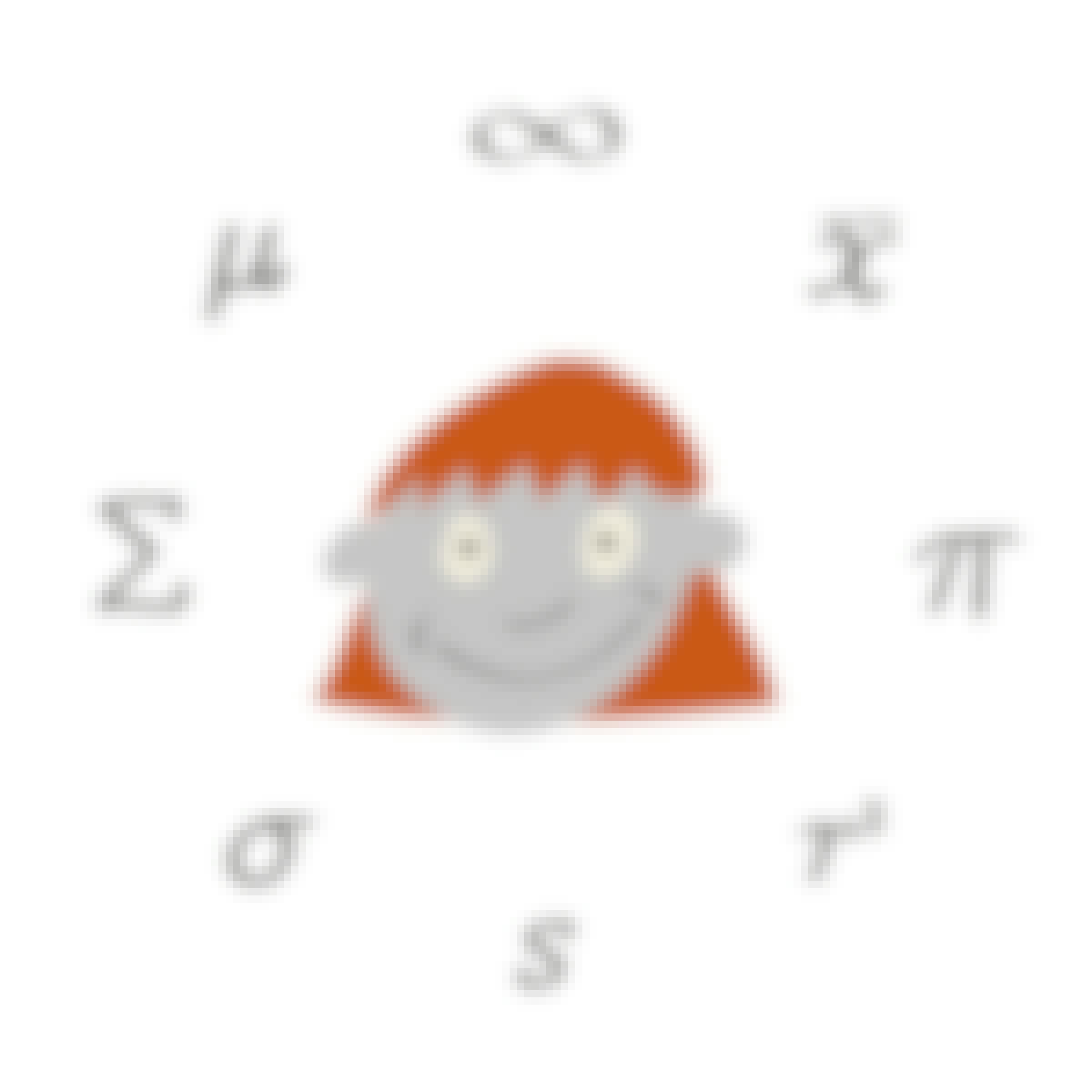142 results for "hypothesis testing"

Skills you'll gain: Data Analysis, Data Visualization, Data Science, Machine Learning, Python Programming

University of Virginia
Skills you'll gain: Agile Software Development, Design and Product, Communication, Continuous Delivery, Leadership and Management, Product Design, Product Management, Project Management, User Experience, Probability & Statistics, Software Engineering

University of Amsterdam
Skills you'll gain: Probability & Statistics, Statistical Tests, General Statistics, Correlation And Dependence, R Programming, Regression, Statistical Programming, Experiment

DeepLearning.AI
Skills you'll gain: Machine Learning, Calculus, Differential Equations, Mathematics, Machine Learning Algorithms, Regression, Algebra, Algorithms, Artificial Neural Networks, General Statistics, Linear Algebra, Probability & Statistics, Statistical Analysis

Wesleyan University
Skills you'll gain: Data Analysis, General Statistics

Johns Hopkins University
Skills you'll gain: General Statistics, Probability & Statistics
 Status: Free
Status: FreeThe State University of New York
Skills you'll gain: Probability & Statistics, General Statistics, Correlation And Dependence, R Programming, Statistical Analysis, Data Analysis, Forecasting, Statistical Visualization, Statistical Programming, Plot (Graphics)

Skills you'll gain: Marketing, Digital Marketing, Advertising, Data Analysis, Marketing Management, Media Strategy & Planning, Business Analysis, Statistical Analysis, Probability & Statistics, Market Analysis, Communication, General Statistics, Experiment, Regression, Statistical Tests, Market Research, Basic Descriptive Statistics, Probability Distribution, Brand Management, Forecasting, Research and Design, Data Visualization, Computer Programming, Data Management, Databases, Python Programming, SQL, Statistical Programming, Storytelling, Tableau Software

University of Amsterdam
Skills you'll gain: Basic Descriptive Statistics, General Statistics, Probability & Statistics, Statistical Analysis, Data Analysis, Probability Distribution, Statistical Tests, Problem Solving, Statistical Programming, Correlation And Dependence, R Programming, Computer Programming

Imperial College London
Skills you'll gain: Data Analysis, General Statistics, Probability & Statistics, Statistical Analysis, Basic Descriptive Statistics, Probability Distribution, Statistical Tests, Biostatistics, Epidemiology, R Programming

Rice University
Skills you'll gain: Probability & Statistics, Statistical Analysis, Business Analysis, General Statistics, Data Analysis, Spreadsheet Software, Basic Descriptive Statistics, Microsoft Excel, Statistical Tests, Probability Distribution, Business Intelligence, Data Analysis Software, Regression, Data Management, Critical Thinking, Data Visualization, Plot (Graphics), Statistical Visualization, Problem Solving
 Status: Free
Status: FreeUniversity of Arizona
Searches related to hypothesis testing
In summary, here are 10 of our most popular hypothesis testing courses
- AI Workflow: Data Analysis and Hypothesis Testing: IBM
- Hypothesis-Driven Development: University of Virginia
- Inferential Statistics: University of Amsterdam
- Mathematics for Machine Learning and Data Science: DeepLearning.AI
- Data Analysis Tools: Wesleyan University
- What are the Chances? Probability and Uncertainty in Statistics: Johns Hopkins University
- Practical Time Series Analysis: The State University of New York
- Meta Marketing Analytics: Meta
- Basic Statistics: University of Amsterdam
- Introduction to Statistics & Data Analysis in Public Health: Imperial College London










